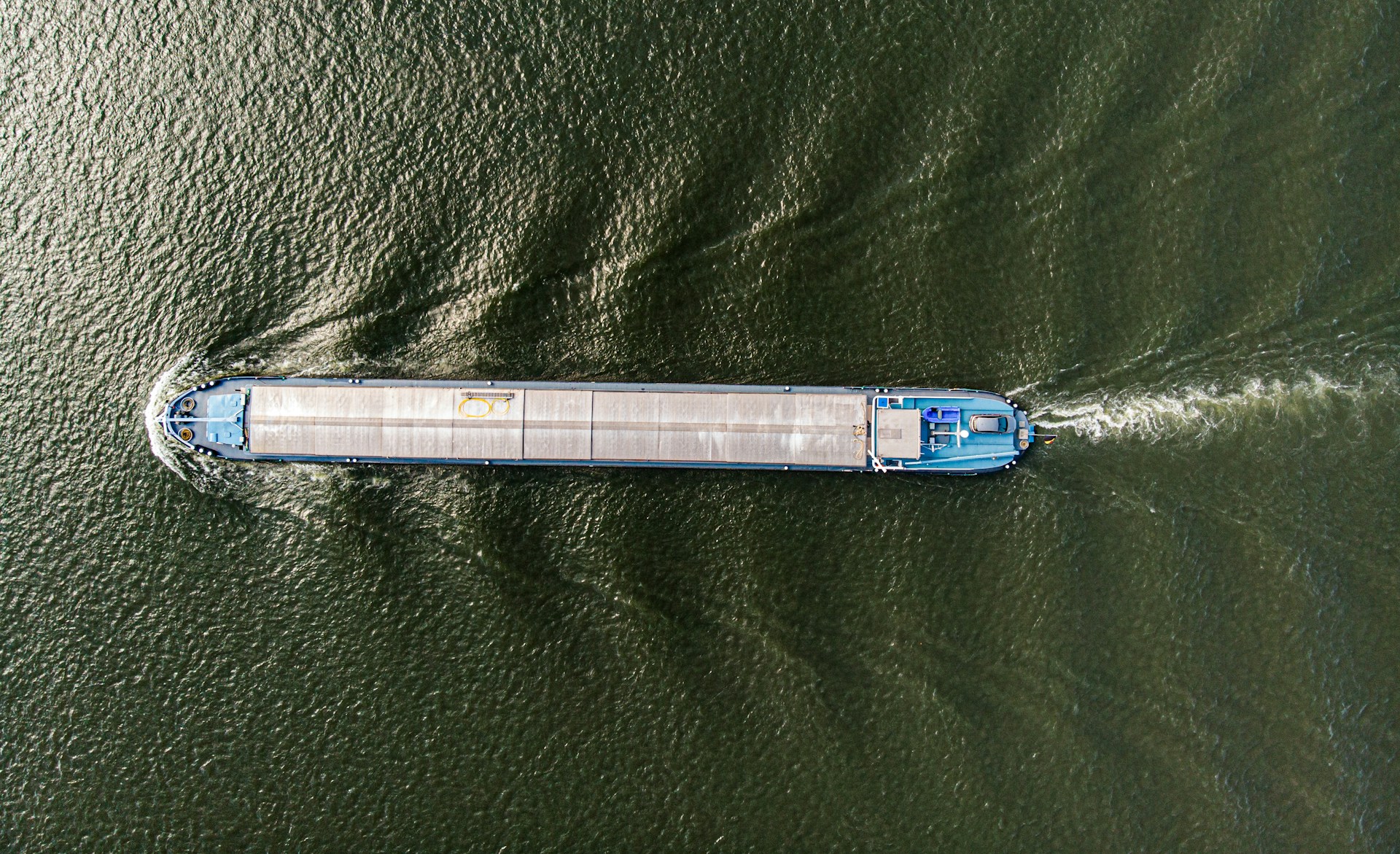Why Are LCAs Required?
A Life Cycle Assessment (LCA) is a standardized method (under ISO 14040 and ISO 14044) for evaluating the environmental impacts of a product, process, or service across its entire lifespan. Governments, industry bodies, and customers are increasingly requiring LCAs as proof of sustainability claims.
LCAs Uncover Hidden Impacts
LCAs provide a detailed breakdown of where environmental impacts occur across a product’s life cycle. This helps companies identify unexpected hotspots — such as energy use during manufacturing or emissions during product disposal — that may not be obvious without a full analysis. Armed with this knowledge, businesses can target the most critical areas for improvement.
LCAs Drive Sustainability Forward
By making the invisible visible, LCAs allow organizations to build more sustainable products and processes. Companies can redesign products with lower-carbon materials, optimize energy use, and improve recyclability — aligning with sustainability goals and regulatory requirements like the EU’s Circular Economy Action Plan.
LCAs Enhance Business Operations
LCAs don’t just support environmental goals — they strengthen business strategies. With better insight into resource use and environmental costs, companies can find efficiencies, reduce waste, and lower long-term operational risks. Clear, data-driven reporting also improves transparency with customers, investors, and regulators, creating a stronger market position.
Seamless LCA management
We help businesses integrate LCAs seamlessly into their operations. The EandoX software helps simplify data collection, automate analysis, and deliver clear, actionable insights — empowering you to uncover impacts, meet sustainability targets, and stay ahead in a competitive market. Book a demo!


.png)

